-
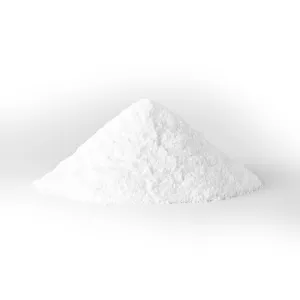 Guibao Brand Calcium Carbonate 800mesh
Guibao Brand Calcium Carbonate 800mesh -
 Liaoning Dongyu Talc Powder DYX60-H30
Liaoning Dongyu Talc Powder DYX60-H30 -
 2023 wholesale high quality disposable lunch box 450ml disposable plastic rectangular food box
2023 wholesale high quality disposable lunch box 450ml disposable plastic rectangular food box -
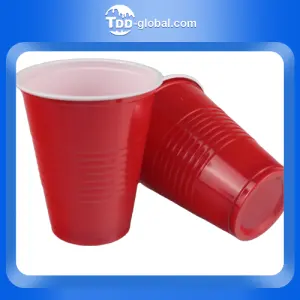 New design wholesale price transparent plastic cup 5oz PS double wall cup custom plastic cups
New design wholesale price transparent plastic cup 5oz PS double wall cup custom plastic cups -
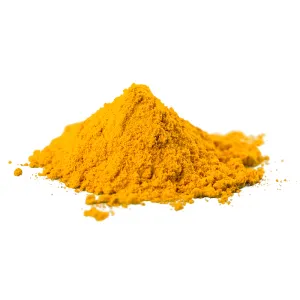 Benzidine Permanent Yellow Pigment 2GS
Benzidine Permanent Yellow Pigment 2GS -
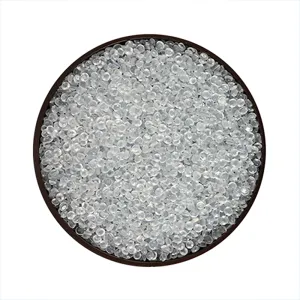 Polypropylene 500N
Polypropylene 500N -
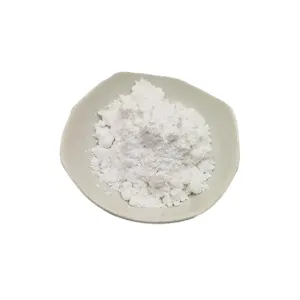 Ultrafine Heavy Active Calcium Carbonate 2800 Mesh
Ultrafine Heavy Active Calcium Carbonate 2800 Mesh
Q
who makes infinity vehicles
I'm a seasoned industrial engineer with a keen interest in machine learning. Here to share insights on latest industry trends.
Mixing engine oils, especially of different viscosities or types (synthetic vs. mineral), isn't generally recommended but not always disastrous. Oils designed to meet specific engine requirements, when mixed, can dilute or alter the intended benefits, such as wear protection, temperature stability, and sludge prevention. In emergency situations, mixing similar types (e.g., two synthetics) can be a temporary solution, but it's crucial to replace mixed oil with the correct type as soon as possible. Manufacturers formulate engine oils to work optimally within specific parameters; mixing can compromise these parameters, potentially leading to reduced engine efficiency or, over time, damage. Always consult your vehicle's manual or a professional for advice tailored to your specific engine.
Innovative Industrialist: Always exploring and sharing the latest disruptive innovations in the industrial sector.
A new company called Stellantis was created when Fiat Chrysler Automobiles merged with the French PSA Group in 2021.
You May Like
In 1668.
A titanium alloy's tensile strength ranges from 35.000 to 120.000 psi. while pure titanium's tensile strength is approximately 63.000 psi.
Polypropylene (PP) is a versatile thermoplastic polymer known for its excellent chemical resistance, elasticity, and fatigue resistance. It's widely used in packaging, textiles (such as ropes, thermal underwear, and carpets), automotive components (like batteries and bumpers), and consumer goods due to its low cost and easy manufacturability. PP is favored for its ability to be easily customized through copolymerization, resulting in materials ranging from rigid to highly flexible. Additionally, PP's low density makes it a desirable choice for lightweight applications. Its resistance to various chemical solvents, bases, and acids extends its usability across many industries, including medical for manufacturing syringes and containers due to its sterility after autoclaving. Recycling and environmental impact considerations are increasingly important, with efforts to improve PP's recyclability and explore bio-based alternatives.
You May Like
Q&A
- •are pvc sleeves bad for records
- •is low density polyethylene safe
- •what is cubic zircon
- •atomic number of titanium
- •why does fiber cancel out carbs
Popular Information
- •China PVC Spot Market Suppressed and Rose Last Week (October 30- November 3)
- •Low Inventory, China PE Market Rebounded slightly before Spring Festival
- •China PVC Spot Price Fell Last Week (October 17-21)
- •Grasim Q3 Results: Net profit jumps 46% YoY to Rs 522 cr
- •DCM Shriram to invest Rs 838 cr on expansion projects









